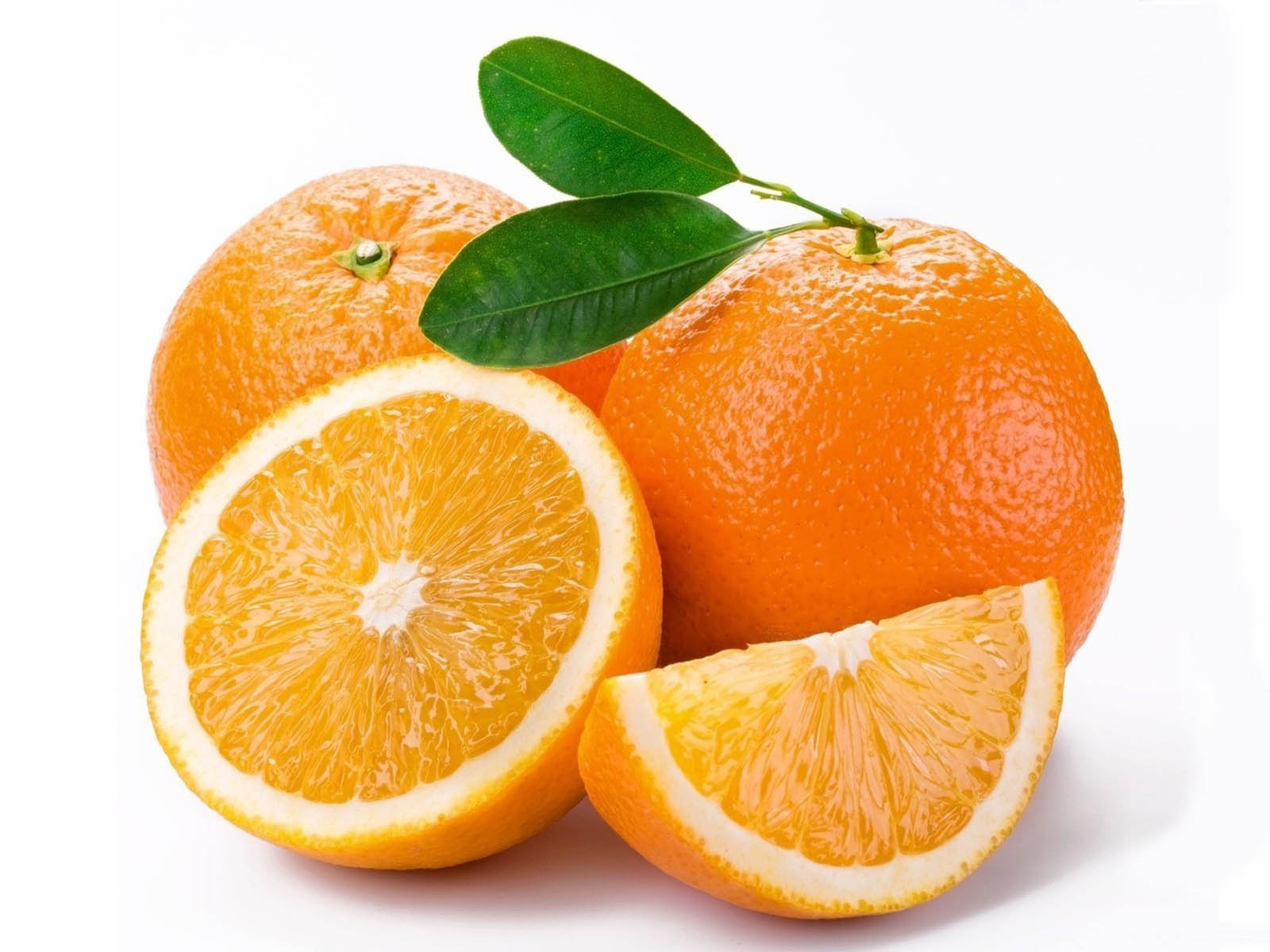12 Health Benefits of Orange
12 Health Benefits of Orange for Infants and Toddlers
Orange is one of the favorite fruits for most people around the world. Orange, particularly sweet orange is liked by many. Few more reasons to like orange can include the benefits that they provide such as a supply of essential nutrients, control of dyspepsia, common cure for cold and cough, a natural laxative and prevention of rickets. Orange is believed to have originated in southern China or Northern India. During the 15th century, orange was introduced to the western world by Vasco da Gama, after leaving from India.
At present, many cultivars of orange have been developed which include loose skinned, tight skinned, sour and sweet oranges. While in the western world, tight skinned and sweet oranges are famous, in Asia, particularly India, loose-skinned oranges are pretty popular. It is believed that the name ‘orange’ has been derived from the Sanskrit word ‘naaranga’.
Can oranges be introduced into babies’ diet?
The introduction of oranges into baby food has been one of the areas of concern for mothers, pediatric nutritionists as well, because orange belongs to the citrus family and citrus fruits can cause allergies in babies.
It is safe to say that introducing oranges as part of the baby is not a bad idea, but a good idea. It’s not only about the taste of oranges, but it is also about the nutrients that are present in oranges. The age at which infants can be fed oranges is between 6-8 months.
Health benefits of orange for babies
Orange is not only a tasty fruit but, it also offers numerous health benefits. Some of these health benefits are especially helpful for children and infants. Some of the health benefits include
- Rich supply of nutrients: Oranges are good source of many nutrients such as vitamins and minerals. These vitamins and mineral highly needed b infants and children. Especially, they are useful for baby’s first year of development, which is very critical. Orange juice can be given to infants with physical development issues, due to the nutrition present in the fruit.
- Dyspepsia: Dyspepsia or indigestion is one of the most common conditions that infants and children face. As the digestive system of infants is very weak, it must be made sure that they should have easily digestible foods. The nutrition present in orange is useful in stimulating the digestive system. (HK Bakhru, Foods That Heal).
- Constipation: Due to lack of dietary fiber in baby food, infants might have to face constipation some times. Feeding infants with fruits can be one of the best ways to avoid constipation and in promoting good health. Oranges contain a high amount of dietary fiber. This dietary fiber is useful in eliminating constipation in infants and children. (HK Bakhru, Foods That Heal)
- Prevents rickets: Rickets is a condition which generally develops during infancy. Under this condition, bones are weakened and softened due to lack of calcium and phosphate. Oranges are rich in these minerals and hence, feeding your babies with oranges from time to time can prevent the development of rickets and such other disorders. (HK Bakhru, Foods That Heal)
- Remedy for common cold and cough: Infants and children fall sick particularly because of cold and cough. Orange juice with a honey and salt can act as an effective remedy against common cold and cough. It is also known to protect against secondary infections associated with cold and cough. (HK Bakhru, Foods That Heal).
- Remedy against whooping cough: Orange juice can also act as a remedy for whooping cough. Unlike regular cough, whooping cough is highly contagious. Orange juice diluted in same quantity of water should be given to the child along with wet packs to throat and chest as needed (Dr. HK Bakhru, Nature Cure For Children).
- For treating mumps or parotitis: Mumps or parotitis is a viral and contagious disease. This disease spreads in children than in infants. Infants are mostly immune to this disease. Children between the ages of 5-15 years are very susceptible to this disease. One of the treatments includes giving orange juice along with other fruit juices. Orange juice can be given with warm water and should be diluted up to 50% (Dr. HK Bakhru, Nature Cure For Children).
- Treating diarrhea: Severe diarrhea can be very dangerous, at least in the case of infants and children. In such cases, giving orange juice can reduce diarrhea significantly. Fresh orange juice diluted up to 50% with water should be given to the baby (Dr. HK Bakhru, Nature Cure For Children).
- Remedy for indigestion: Orange juice can also be given when your child is suffering from indigestion. Indigestion in children can be a result of overeating, eating very quickly, eating without chewing properly and eating foods which are not cooked properly. In such cases, the child should be kept on raw juices for a day or two. These juices can include orange juice as well, which is 50% diluted with lukewarm water. After the juice diet, proper care should be taken to cleanse the bowels and should be put on fruit diet and slowly be put on regular diet (Dr. HK Bakhru, Nature Cure For Children).
- Recovery from typhoid fever: Typhoid fever is caused by the spread of salmonella typhi bacteria. This is a very contagious disease and the symptoms range from fluctuations in fever with headache, cough and severe abdominal pain. Typhoid fever can hamper a patient’s digestive power and only easily digestible foods or liquid foods must be given. As the child is recovering from typhoid fever, orange juice is perhaps one of the best liquid foods that can given. (Dr. HK Bakhru, Nature Cure For Children).
Precautions to be taken while giving oranges to your baby
- Choose an orange that can be peeled and remove the fibers that surround the flesh. Also the orange flesh contains seeds in it which have to be removed.
- Choose an orange that can be peeled and remove the fibers that surround the flesh. Also the orange flesh contains seeds in it which have to be removed.
- Peel, fiber and seeds: The peel, fiber and seeds are the ones which hinder a great orange experience for your child. Choose an orange that can be peeled and remove the fibers that surround the flesh. Also the orange flesh contains seeds in it which have to be removed.
- Orange mash: Follow the above mentioned precaution about peeling. If you are still concerned whether or not your baby would be able to eat orange, then, mash the orange flesh so that it would be very easy for your baby to eat the orange fruit.
- Only sweet oranges: Make sure to give only sweet oranges to your baby. Sometimes, a small amount of sourness can be present in the fruit, which the babies might not like.
- Only fresh fruit: It is also important to give only fresh and properly ripened fruit to your baby. Check whether the fruit is firm in all directions. If the fruit has few ‘soft spots’ try avoiding that fruit
Nutrition Component Value per 100 g Nutrition Component Value per 100 g



Comments
Post a Comment